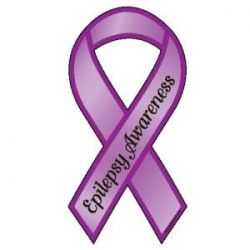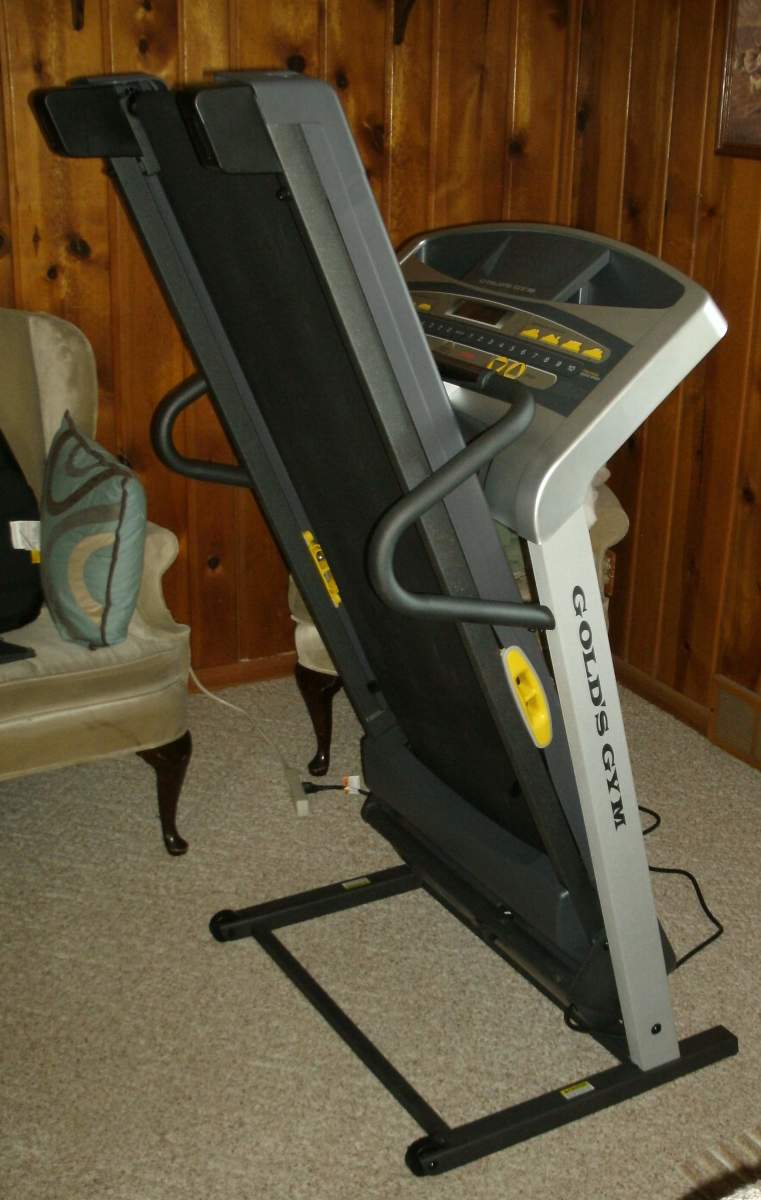How to Help Someone Having a Seizure

What is Epilepsy?
Epilepsy is a neurological disorder characterized by recurrent seizures. Anyone with a brain can have a crisis, but one crisis is not enough to diagnose epilepsy. Epilepsy is one of the most common chronic neurological disorders. According to the World Health Organization, it is estimated that worldwide there are 50 million people with epilepsy (ie, 1%).
Epilepsy Explained:
A Book for People Who Want to Know More
What Epilepsy Is Not
As an epileptic, I've found several misconceptions exist regarding epilepsy and seizures. I'd like to clear up a few of them. I used to think some of the same things (even when my mother had seizures), but information and perspectives change over time.
Epilepsy is not a psychological problem, not a mental illness and is not contagious. In the brain there are billions of neurons that transmit electrical and chemical signals. When a sudden, excessive electrical discharge that disrupts normal activity of neurons, a seizure occurs.
Crises can affect alertness and cause involuntary movements, spasms, convulsions or strange sensations. The location of the discharge in the brain determines how epilepsy manifests. The frequency of attacks varies from very distant extremes: be very sporadic or occur several times a day. When the person answers correctly to drug treatment, it is possible to live without crisis.

Who Is Susceptible to Seizures?
Seizures Don't Happen Only to Epileptics
Although epilepsy can occur at any stage of life, is more common in childhood and old age. In 75% of cases, seizures can be controlled with medication Seizures can be caused by high fever, diseases such as epilepsy, drug ingestion or by a blow to the head.
Importantly, for all people with chronic illness, particularly epilepsy, it is very important to have it a medic alert bracelet or necklace with your name, address, blood type, medications and times they are taken, and the phone numbers of family and / or medical professionals whom to contact.
EPILEPSY 101-The Ultimate Guide for patients and Families
What Causes Epilepsy?

What You Can Do To Help a Seizure Victim
Steps to Help the Person
1. Stay calm. When the crisis has already started it can not be stopped. Do not fight with the person or try to restrain their movements. In most cases the crisis lasts approximately 60 to 90 seconds and, in rare cases, can last up to 5 minutes.
2. Clear the area around the person. Remove sharp objects or anything hard with that can hurt him/her. If possible, place a soft item like a pillow or a folded garment under the head so as not to hit against the ground. Some have victims have premonitory warning symptoms (I hear the rumble of a train!). Sometimes the seizure victm will suffer a generalized crisis and often can tell when the symptoms are occurring. This gives you the time to them to lie down on a couch, bed or on the floor in to avoid injury.
3. Do not try to put anything between the teeth. This can only increase the chance of harming the victim. Do not try to pull the tongue out. They will not swallow their tongue. Putting your fingers in the mouth will only get you bitten.
4. Turn the person's head to one side when the seizure has subsided. This will allow saliva or other fluids from the mouth to flow out easily. Wait until the crisis ends and their body relaxes to check if there are any further tremors.
5. Do not be alarmed. If the person stops breathing momentarily and gets purple lips, do not panic. This is very short-lived and does not need resuscitation and mouth-to-mouth. Don't use any strong odors (onions, smelling salts, etc.) since it does not help the person recover more quickly.
6. Carefully observe the actions and movements of the person during the crisis as well as the duration, to explain to the doctor what happened in detail. Just be aware that after a crisis there may be a state of sleep or unconsciousness. This is called the postictal period and and is a natural recovery time.
7. Keep a calm demeanor when the person recovers from the crisis, allow them to rest and, if asked, tell them what happened.
8. When there are many attacks one after another without regaining consciousness or a seizure lasts longer than 10 minutes, this requires immediate medical attention. Call an ambulance or, if one is not available, transfer the person to the nearest medical facility.
9. When a crisis is short (under 5 minutes) and does not recur, the victim should call their doctor for an appointment to discuss this
latest seizure. Don't go to an emergency room unless this seizure is the first or is accompanied by fever .
10. If it is possible to do so, share the information about the seizure with the person's loved one or caregiver. They are usually the person who keeps track of this (my wife has everything organized on an Excel spreadsheet. She's very organized!)





